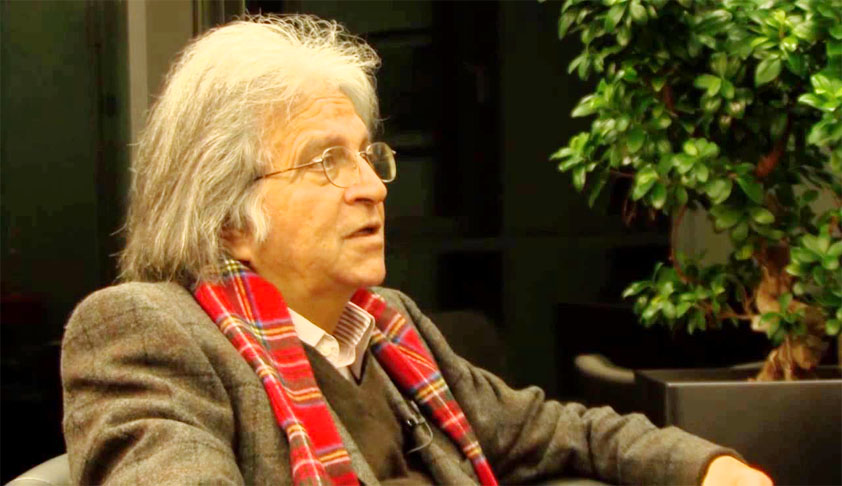Yakub’s petition should have been heard by Constitution Bench: Prof. Upendra Baxi
Apoorva Mandani
4 Aug 2015 1:48 PM IST

Next Story
4 Aug 2015 1:48 PM IST
A lot has been spoken about the execution of Yakub Abdul Razzak Memon, in the morning of July 30, 2015. The most recent to join the debate is Prof. Upendra Baxi.Hailing the fact that the Court sat in the early hours to hear the petition, Prof. Upendra Baxi wrote in an Article published by India Today , “The pre-dawn hearing was heroic and demosprudential (after all justices acted as...
